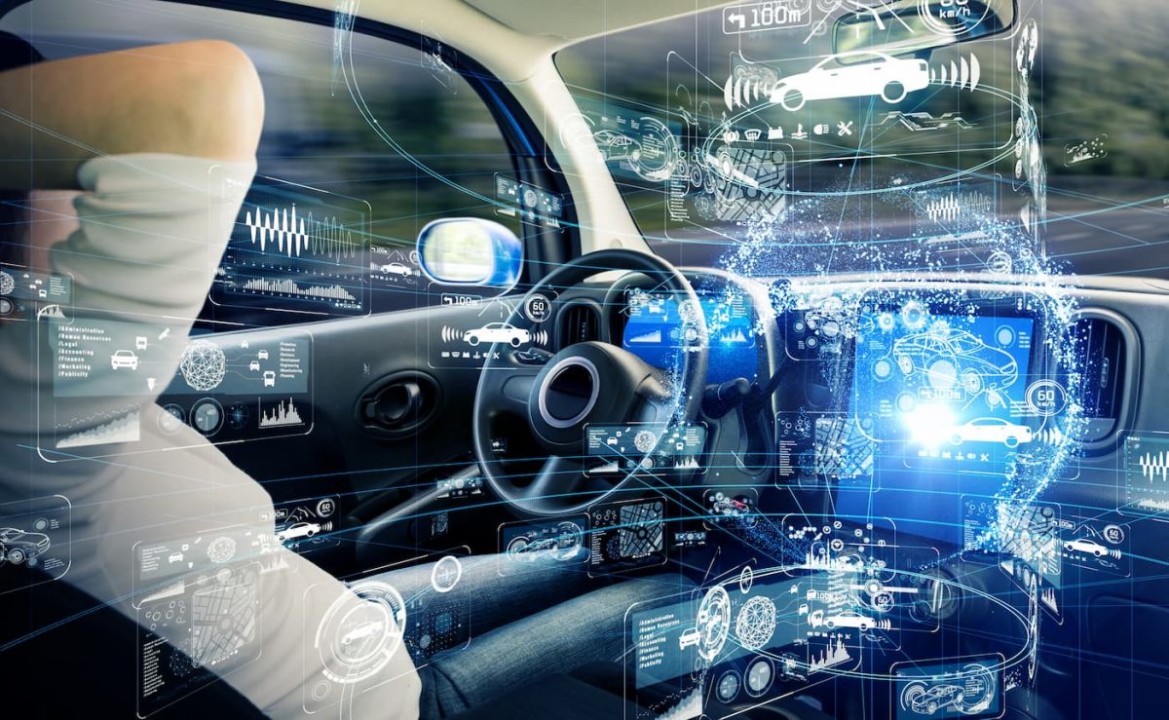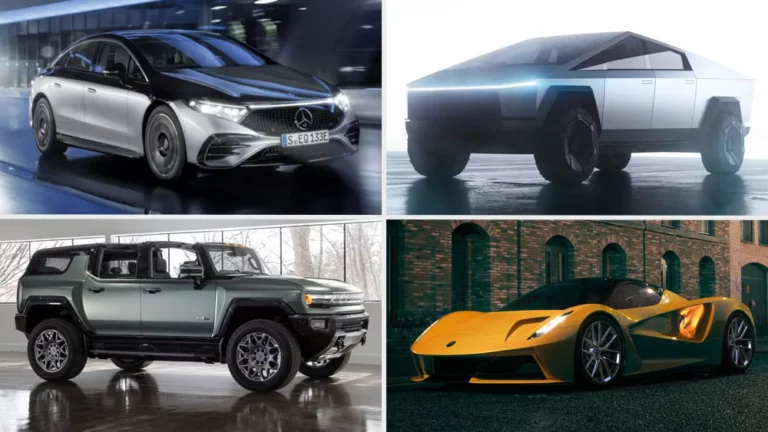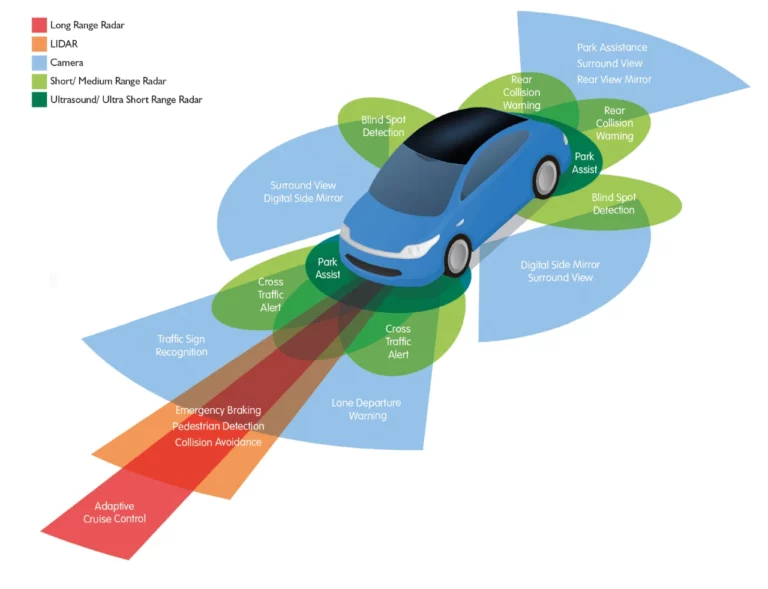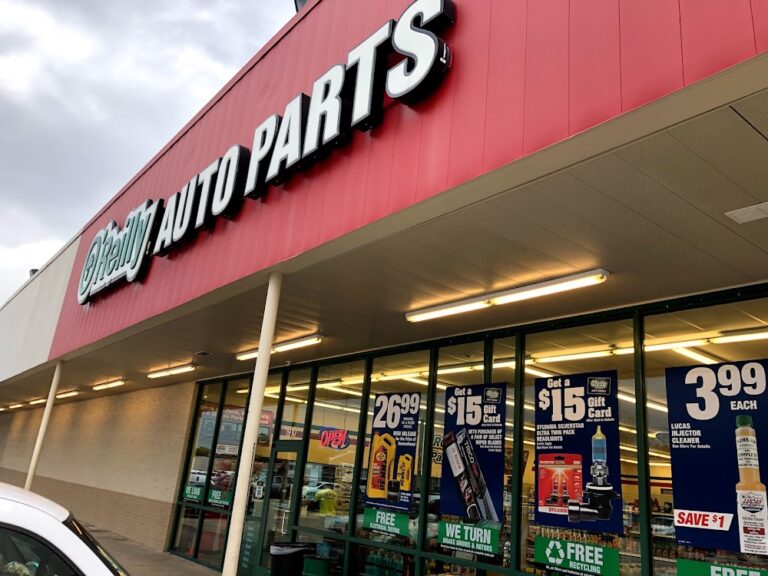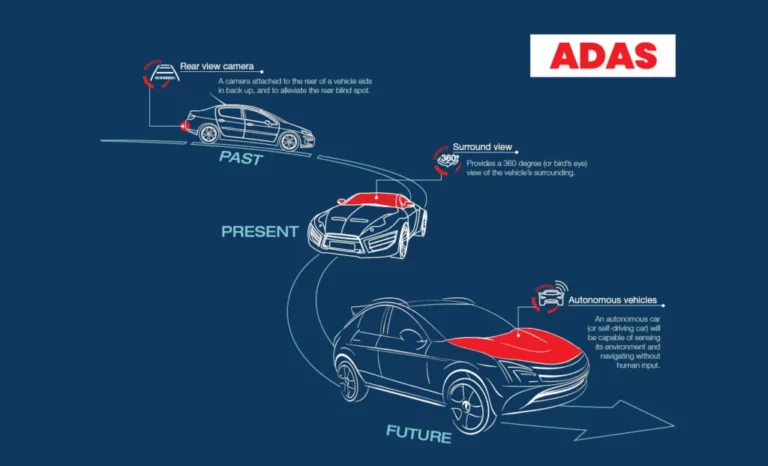Top Autonomous Vehicle Startups to Watch in 2025
The autonomous vehicle (AV) industry is one of the most revolutionary sectors in modern transportation. With innovation accelerating in AI, sensor technologies, and machine learning, startups are leading the charge in redefining how we perceive mobility. In this article, we explore the top autonomous vehicle startups shaping the future, their product innovations, real-world applications, and how you can invest in or purchase related technologies.
What Makes Autonomous Vehicle Startups Crucial in 2025?
The global push toward smarter, safer, and more sustainable transportation has made autonomous vehicles a vital area of interest. Startups, with their agility and disruptive mindset, are outpacing legacy carmakers in many aspects. They’re solving real-world issues such as traffic congestion, delivery inefficiencies, and road safety challenges.
Autonomous vehicle startups typically focus on technologies like full-stack autonomy software, LiDAR and sensor development, edge AI, vehicle-as-a-service models, and logistics automation. The combination of advanced sensors, data analytics, and real-time navigation allows these startups to provide smarter, safer driving experiences without human intervention.
Benefits of Using Autonomous Vehicle Technology
Autonomous vehicles offer a wide range of benefits that make them increasingly appealing to both consumers and enterprises.
Enhanced Safety and Reduced Human Error
One of the biggest advantages of autonomous vehicles is improved road safety. With nearly 94% of accidents caused by human error, AVs aim to drastically reduce fatalities by adhering strictly to traffic rules, maintaining consistent awareness, and responding instantly to hazards using AI and sensors.
Increased Efficiency and Lower Costs
Autonomous vehicles optimize fuel usage, reduce idle times, and allow for 24/7 operation in logistics and delivery services. This significantly cuts down operational costs and improves efficiency in last-mile delivery, ride-hailing, and commercial freight.
Accessibility and Convenience
Self-driving technology enables mobility for elderly or disabled individuals who may otherwise be unable to drive. Furthermore, consumers benefit from increased convenience in commuting, allowing them to multitask or rest while the vehicle navigates autonomously.
Wayve
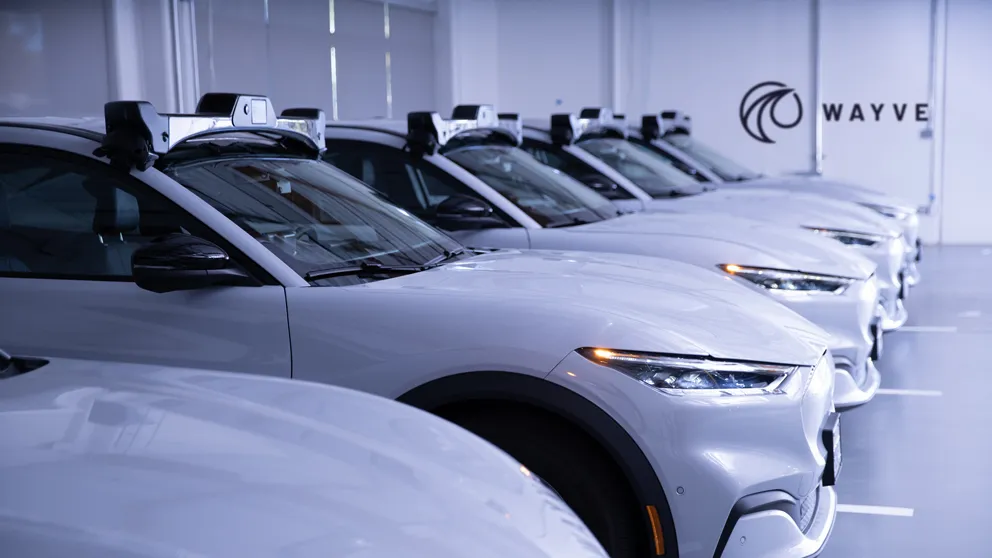
Wayve is a UK-based startup that focuses on building autonomous driving systems powered by end-to-end deep learning. Unlike traditional AV companies that rely heavily on HD maps and handcrafted rules, Wayve’s approach learns directly from data to drive in complex urban environments.
Their flagship product, an AI driving system, is designed to adapt and scale across different cities using only cameras and machine learning—without needing expensive LiDAR sensors or complex 3D maps.
Use Case and Problem Solved
Wayve’s tech is ideal for dynamic cities where predefined maps quickly become outdated. It provides flexibility in urban logistics, ride-sharing, and passenger vehicles, reducing the cost and complexity of deploying AVs in new locations.
Why People Need This Product
Wayve offers a more scalable and cost-efficient alternative to traditional autonomous systems. It’s particularly useful for logistics companies and mobility providers operating across multiple cities.
How to Buy
Currently, Wayve partners with commercial fleets and OEMs. You can explore collaboration opportunities on their official website:
Visit Wayve
Nuro
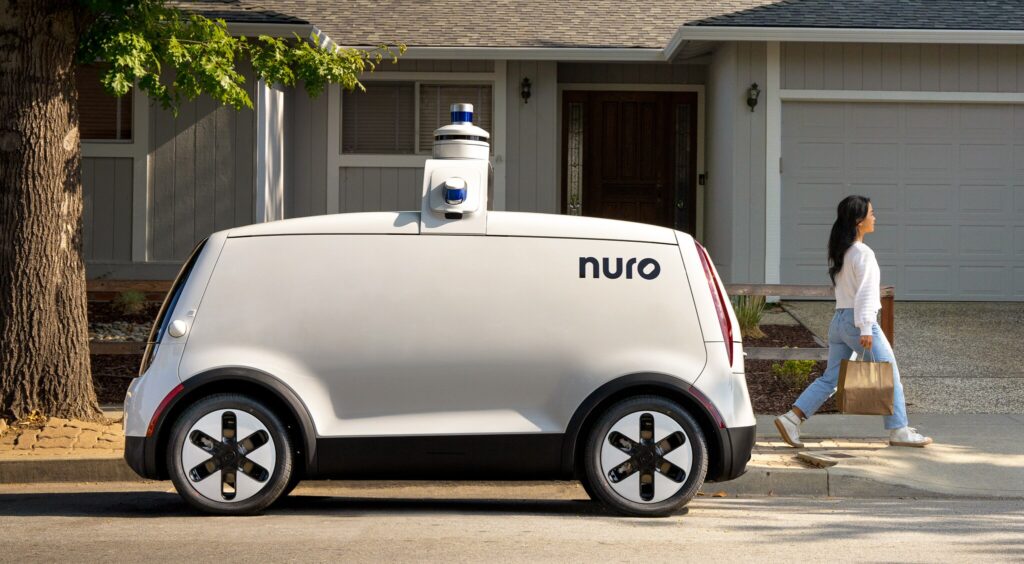
Nuro is a U.S.-based robotics company developing small, autonomous delivery vehicles designed for last-mile logistics. Their self-driving pods are specifically made for transporting goods, not passengers.
Their R2 vehicle is compact, electric, and optimized for delivering groceries, food, and parcels without human drivers.
Use Case and Problem Solved
Nuro addresses last-mile delivery challenges, particularly the rising cost of labor and inefficiencies in urban logistics. It’s perfect for retailers, restaurants, and pharmacies.
Why People Need This Product
With e-commerce on the rise, businesses and consumers demand faster, cheaper, and contactless delivery solutions. Nuro’s autonomous delivery platform meets that need safely and efficiently.
How to Buy
Nuro collaborates with partners such as Domino’s and Kroger. Businesses can partner via their website:
Visit Nuro
Aurora Innovation
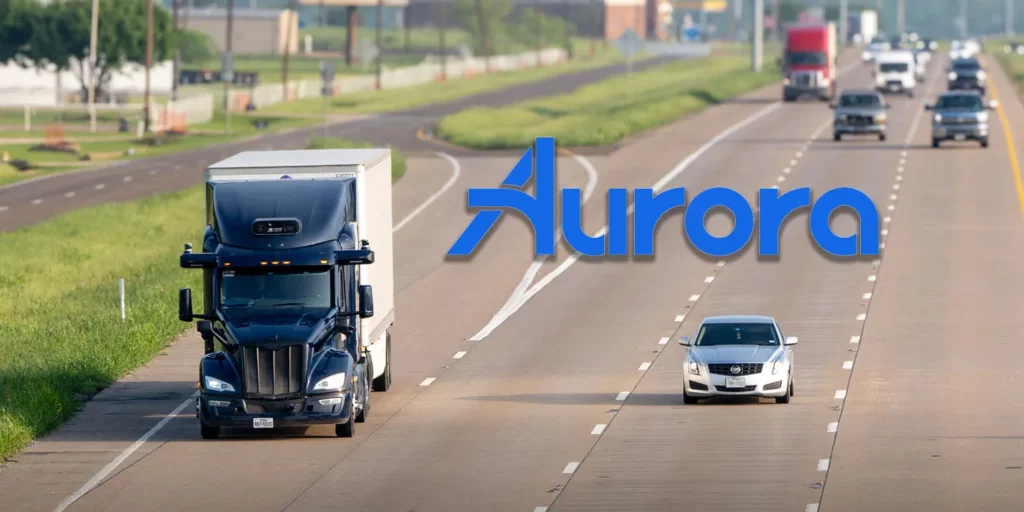
Aurora Innovation is a leading autonomous vehicle startup that focuses on self-driving technology for trucks and freight systems. Their Aurora Driver is a full-stack platform designed to integrate into commercial vehicles for safe and scalable autonomous freight operations.
Aurora has partnerships with major industry players like Volvo and FedEx, proving its commercial viability.
Use Case and Problem Solved
Aurora solves major pain points in freight logistics such as driver shortages, delivery delays, and human error-related incidents.
Why People Need This Product
Logistics companies benefit from reduced cost-per-mile and higher uptime, while supply chains see fewer disruptions.
How to Buy
Aurora works with commercial fleets. Learn more on their official site:
Visit Aurora
Zoox
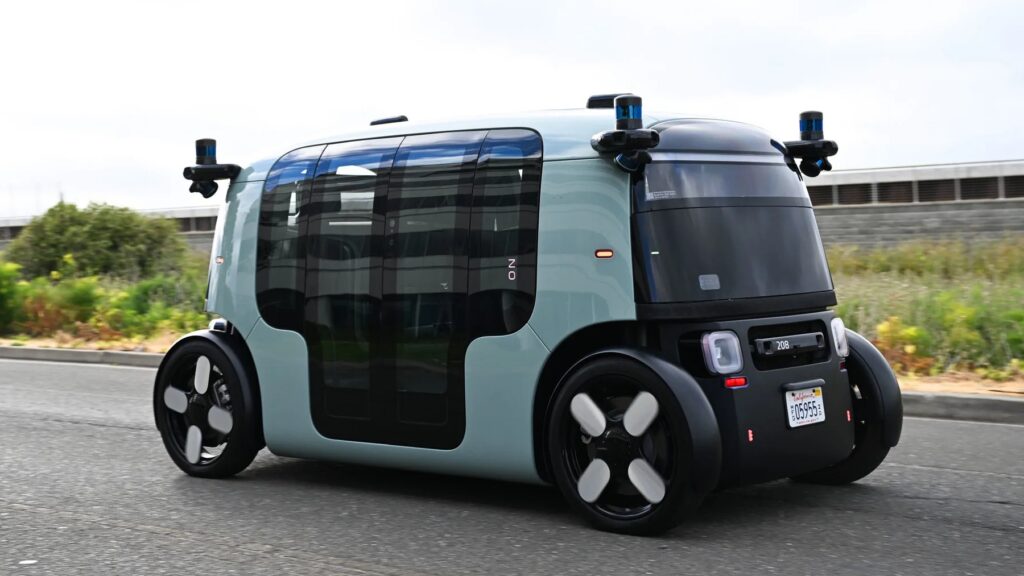
Zoox, acquired by Amazon, is a California-based startup developing autonomous, purpose-built robotaxis. Unlike others, Zoox is creating vehicles from the ground up specifically for autonomy—featuring bidirectional driving and four-wheel steering.
Their autonomous vehicle is designed for ride-hailing and urban commuting with high passenger comfort and futuristic design.
Use Case and Problem Solved
Zoox targets urban transportation inefficiencies and pollution, replacing traditional ridesharing vehicles with sustainable alternatives.
Why People Need This Product
Commuters, ride-hailing services, and municipalities benefit from cleaner, safer, and more efficient transport solutions.
How to Buy
Zoox is not yet available for consumers but is building toward public launch. Stay updated on their site:
Visit Zoox
Motional
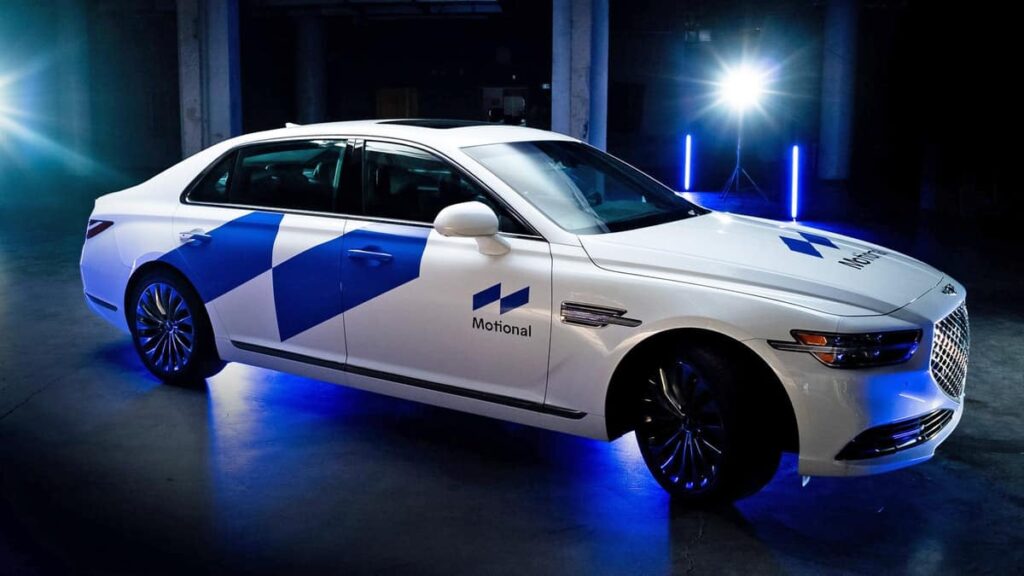
Motional is a joint venture between Hyundai and Aptiv, focused on building autonomous vehicles for urban ride-hailing. They are currently testing robotaxi services in cities like Las Vegas and are working toward full commercial deployment.
Their AV stack includes advanced sensor fusion, vehicle control, and V2X communication for a fully integrated autonomous experience.
Use Case and Problem Solved
Motional addresses urban congestion and ride-hailing inefficiencies, offering 24/7 mobility with no need for human drivers.
Why People Need This Product
It enhances accessibility and reduces the cost of urban transport while improving road safety.
How to Buy
Motional is piloting with ride-hailing apps like Lyft. Users can experience it via these platforms once commercially launched:
Visit Motional
Real-World Benefits of Adopting Autonomous Vehicle Startups’ Products
Sustainable and Eco-Friendly Transport
Most AV startups build electric-powered vehicles, aligning with sustainability goals. Reduced emissions and energy-efficient routing lead to a lower carbon footprint compared to traditional cars.
Scalable Urban Solutions
Autonomous vehicle startups offer scalable platforms that can be customized for cities, logistics firms, and mobility services. With AI continuously improving, these solutions evolve over time to meet complex, changing needs.
Business Optimization
Retailers, logistics providers, and ridesharing companies can reduce costs, improve delivery time, and streamline operations using AV technologies—thus achieving a competitive edge.
Where and How to Buy Autonomous Vehicle Products
While some AV products are still in the testing or pilot phase, many startups offer partnerships, API integrations, and fleet-level deployments.
- Wayve: Apply for commercial partnerships Wayve Website
- Nuro: Partner for local deliveries Nuro Website
- Aurora: Commercial freight partners Aurora Website
- Zoox: Stay updated for upcoming launches Zoox Website
- Motional: Test services via ride-hailing apps Motional Website
For investment or B2B interest, consider contacting each company directly or following their latest updates on LinkedIn.
FAQ
What is the most promising autonomous vehicle startup in 2025?
While several startups are leading in different niches, Aurora Innovation stands out in freight logistics, and Zoox is highly promising in urban robotaxi deployment due to Amazon’s backing.
Are autonomous vehicles legal to use?
In many regions, autonomous vehicle trials are legal under specific permits. Full autonomy is typically permitted in geo-fenced zones or under supervised programs, though legislation is rapidly evolving.
Can consumers buy autonomous vehicles from these startups?
Currently, most AV startups are targeting commercial markets or public ride-hailing services. Consumer purchases are expected in the next few years as regulatory and technological maturity increases.
